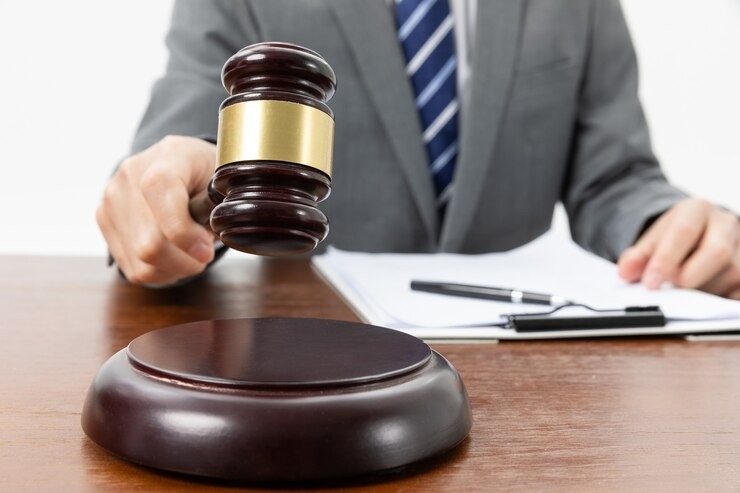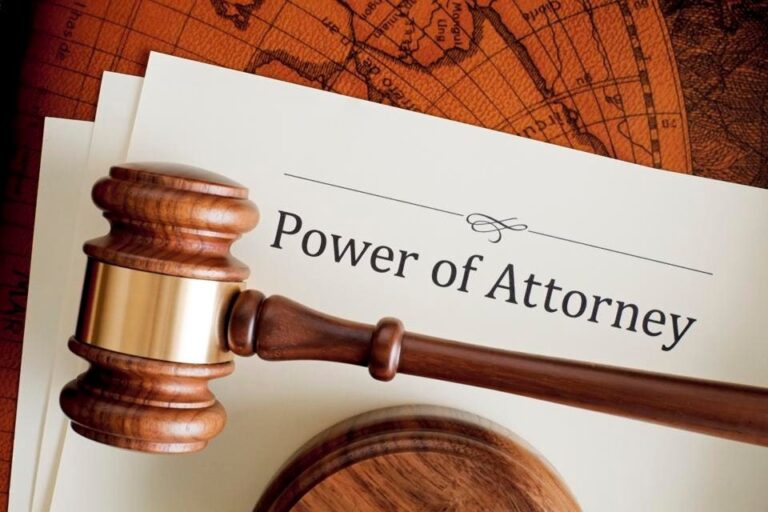A Power of Attorney (POA) is a crucial legal document that grants someone the authority to make decisions on your behalf when you are unable to do so yourself. But what happens when disputes or questions arise regarding the decisions made under a POA? Who has the legal authority to override it? In this article, we will delve into the intricacies of Power of Attorney, discussing its types, the roles of the principal and agent, revocation, and the various scenarios where legal authority can override a POA. Understanding these rules is paramount for anyone dealing with POA matters.
What is a Power of Attorney?

A Power of Attorney, often abbreviated as POA, is a legal document that designates an individual or entity as your agent or attorney-in-fact. This document empowers the designated person, known as the agent, to act on your behalf in various legal and financial matters. POAs are used to ensure that your affairs are managed seamlessly in situations where you are unable to make decisions due to illness, incapacity, or other reasons. Understanding the purpose and operation of a POA such as Derfel Estate Law is fundamental.
Types of Power of Attorney
There are several types of POAs, each serving distinct purposes. These include general, durable, and limited POAs. A general POA grants broad powers to the agent, allowing them to manage a wide range of affairs on your behalf. A durable POA remains valid even if you become incapacitated, providing a long-term solution. Limited POAs, on the other hand, are specific and grant limited authority for particular tasks or time frames. Knowing the differences and when to use each type is essential for effective estate planning.
The Principal and Agent

In a Power of Attorney arrangement, the principal is the person who creates the document and grants authority to the agent. The agent, also known as the attorney-in-fact, is the individual entrusted with the responsibility of making decisions and taking actions on behalf of the principal. The roles of the principal and agent should be clearly defined in the POA document to avoid any misunderstandings or conflicts. Clarity in responsibilities is key to a successful POA arrangement.
Revoking a Power of Attorney
Revoking a POA is a legal process that allows the principal to terminate the authority previously granted to an agent. The circumstances under which a POA can be revoked vary, but common reasons include changes in circumstances, a desire to appoint a new agent, or the principal’s regaining of decision-making capacity. Properly revoking a POA involves following legal procedures to ensure that the termination is valid. Understanding this process is essential when considering changes to your POA arrangements.
Who Can Override a Power of Attorney?
Determining who can override a POA is critical, as it safeguards against potential abuse or misuse of authority. While the principal generally has the right to revoke a POA, there are other scenarios where legal authority can override it. These scenarios are mainly categorized into medical and healthcare decisions, financial decisions, legal guardianship, and court intervention.
Medical and Healthcare Decisions

When a POA includes medical and healthcare decisions, it is important to understand who can make these choices when the principal is unable to do so. In most cases, the agent designated in the medical POA has the authority to make healthcare decisions. However, if there is no medical POA or agent, the responsibility may fall to a healthcare proxy, a person appointed by the principal to make healthcare decisions on their behalf. It is vital to clarify these roles to avoid conflicts or misunderstandings during critical medical situations.
Financial Decisions
Financial POAs grant authority over financial matters, such as managing bank accounts, paying bills, or making investment decisions. The person with a financial POA typically has the legal authority to make these choices. However, it is crucial to adhere to state laws governing financial POAs to ensure compliance. Additionally, financial institutions may have their own requirements and procedures for recognizing and executing POAs.
Legal Guardianship
Legal guardianship is a legal status granted by a court, giving an individual or entity authority over the personal and financial affairs of another person, known as the ward. In some cases, legal guardianship may supersede a POA. This can occur if the court determines that the agent appointed in the POA is not acting in the best interests of the principal or if the principal is deemed legally incapacitated. Court intervention in these matters ensures the protection of the principal’s rights and interests.
Court Intervention

In certain situations, a court may need to intervene in matters involving a Power of Attorney. This can happen if there are disputes or allegations of misconduct by the agent, if the principal contests the validity of the POA, or if the agent is not acting in the principal’s best interests. Court proceedings can help resolve conflicts and ensure that the POA is being used appropriately. Understanding the circumstances that may lead to court involvement is vital for all parties involved.
Avoiding Conflicts
To prevent conflicts related to POAs, clear communication is key. It is essential for the principal to discuss their wishes and expectations with their chosen agent and healthcare proxy, if applicable. Additionally, regular updates and reviews of the POA document can help ensure that it reflects the principal’s current intentions. Seeking legal advice when creating or modifying a POA is strongly recommended to ensure that the document complies with state laws and addresses all relevant matters.
Conclusion
In conclusion, a Power of Attorney is a powerful legal tool that empowers individuals to make important decisions on behalf of others. Understanding the various types of POAs, the roles of the principal and agent, the process of revocation, and the scenarios where legal authority can override a POA is essential for effective estate planning and decision-making. Whether it pertains to medical, financial, or legal matters, clarity and compliance with state laws are crucial. To navigate the complexities of POA matters, seeking legal advice is a wise choice. Ultimately, a well-executed POA ensures that your interests are protected and your wishes are honored when you are unable to make decisions on your own.
Related Posts:
- How to Calculate Long-Term Disability Premium: Legal…
- Aston Villa's Championship Chase: Can They Claim…
- When Can You See the Northern Lights in Norway ─ A…
- How Much Is Key Duplication? Tips for Affordable and…
- What Causes a Pipe to Burst in Summer: Key Factors…
- What Is the Average Cost of Senior Independent…







